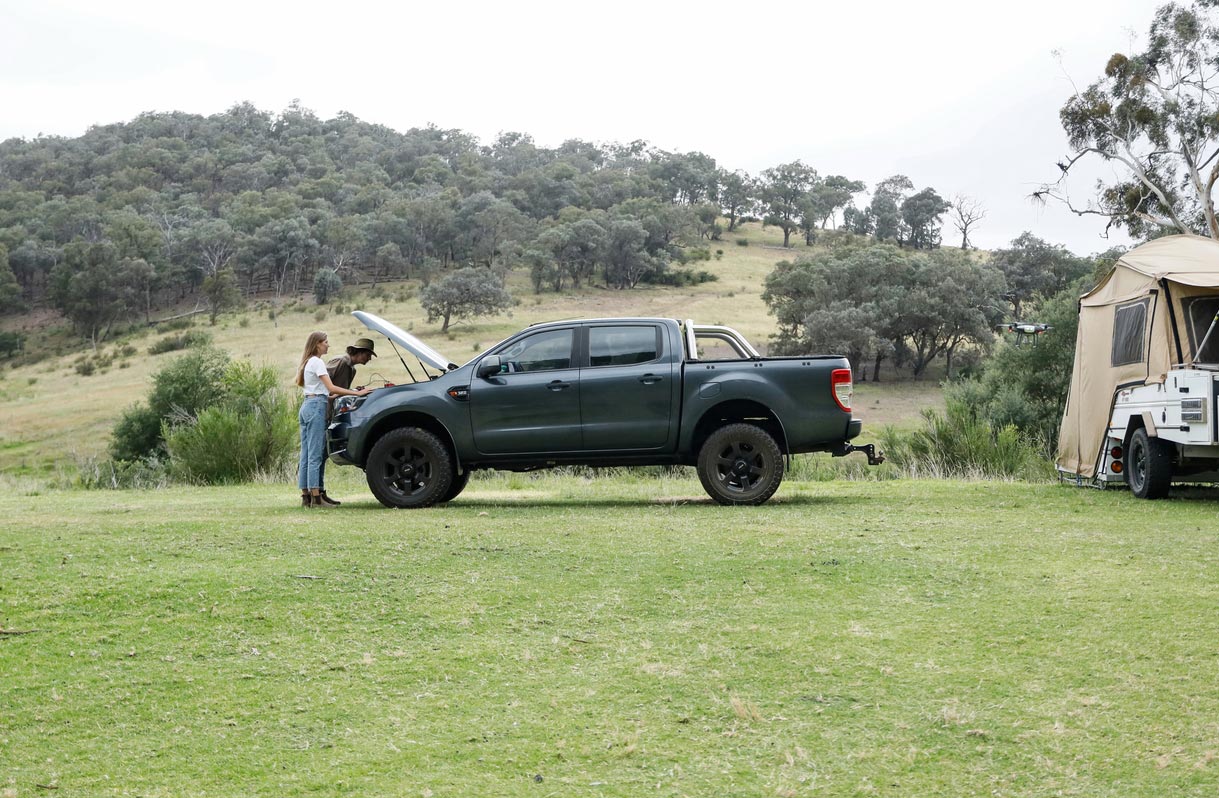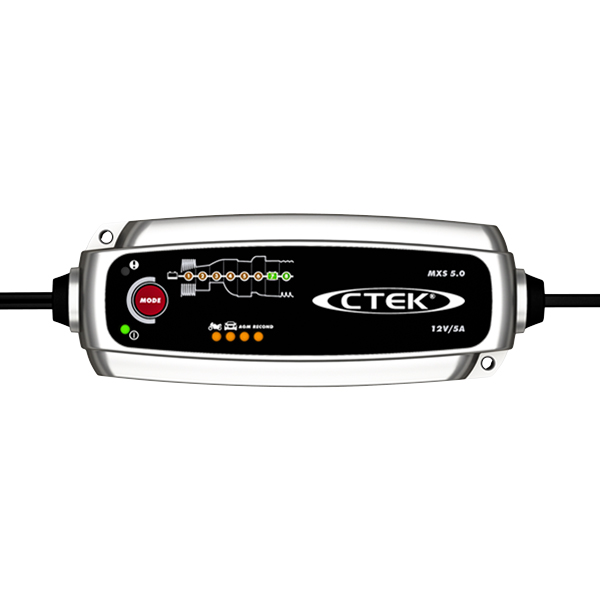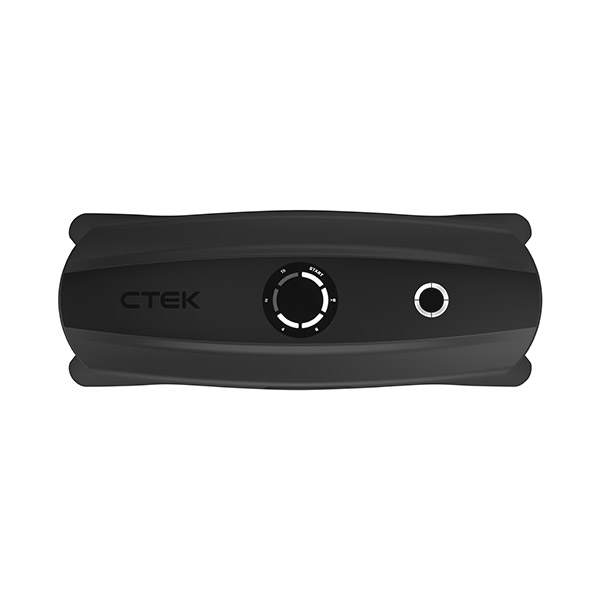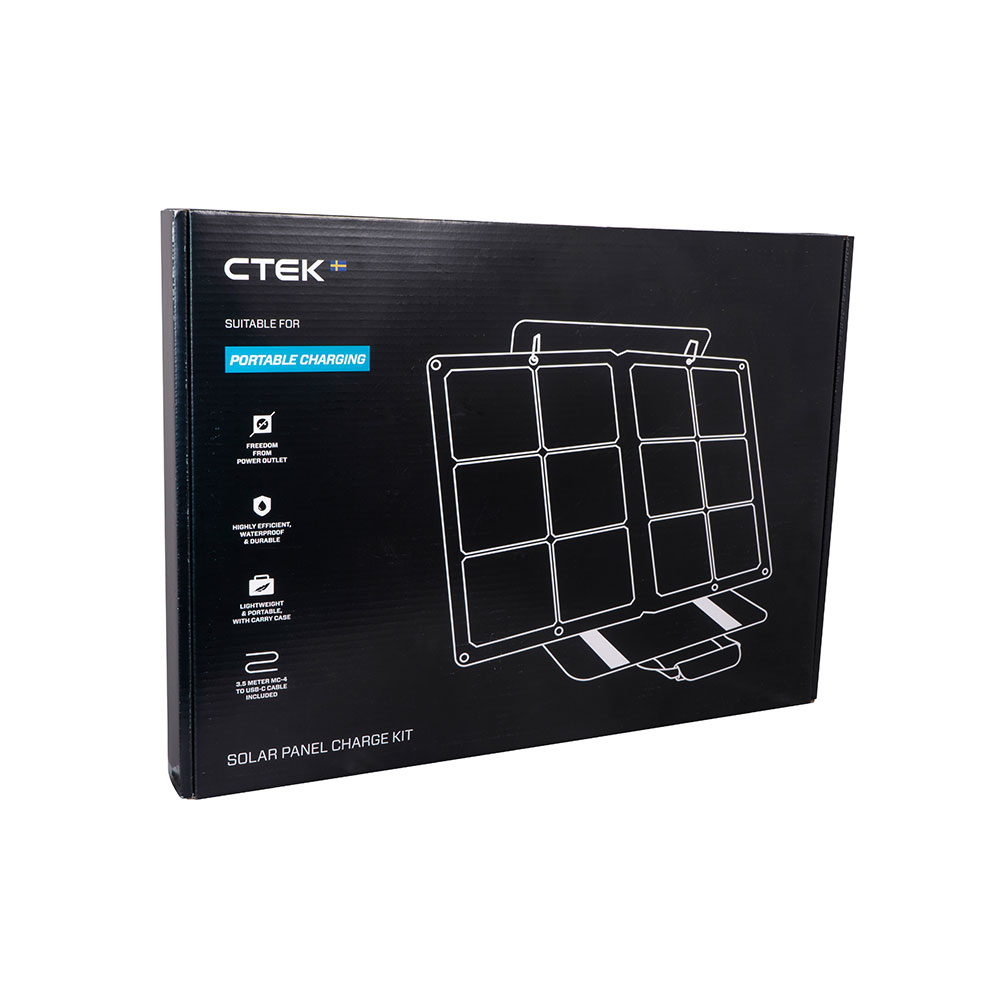Don’t let the summer fool you - Charge your 12V battery!
As the summer heat intensifies, it's not just our bodies that need extra care and attention; our vehicle batteries also require special consideration to ensure optimal performance and reliability. With scorching temperatures and extended road trips on the horizon, it's important to understand the unique charging needs of your vehicle battery during the summer season.
Temperature always plays a significant role in the life expectancy and performance of 12V batteries. Exposing a 12V battery to high temperatures, such as those experienced during summer months, can lead to accelerated aging. Heat increases the rate of chemical reactions inside the battery, causing the electrolyte to evaporate more quickly and accelerating internal corrosion.
It's a common misconception that 12V batteries last longer in warm weather than they do in the cold, believe it or not it’s actually the other way round! Batteries rely on chemical reactions to produce and store electrical energy. These reactions occur more slowly in colder temperatures, which reduces the rate of self-discharge and chemical degradation. A battery being stored at 27 °C will discharge at a rate of 4% per week. But a battery being stored at 18 °C will only discharge about 3% per month.
Like you see on this map, battery life is actually longer in the northern (colder) part of US than in the mid & southern (warmer) part! In the cold parts battery life is 56 months, compared to 41 months in the heat.
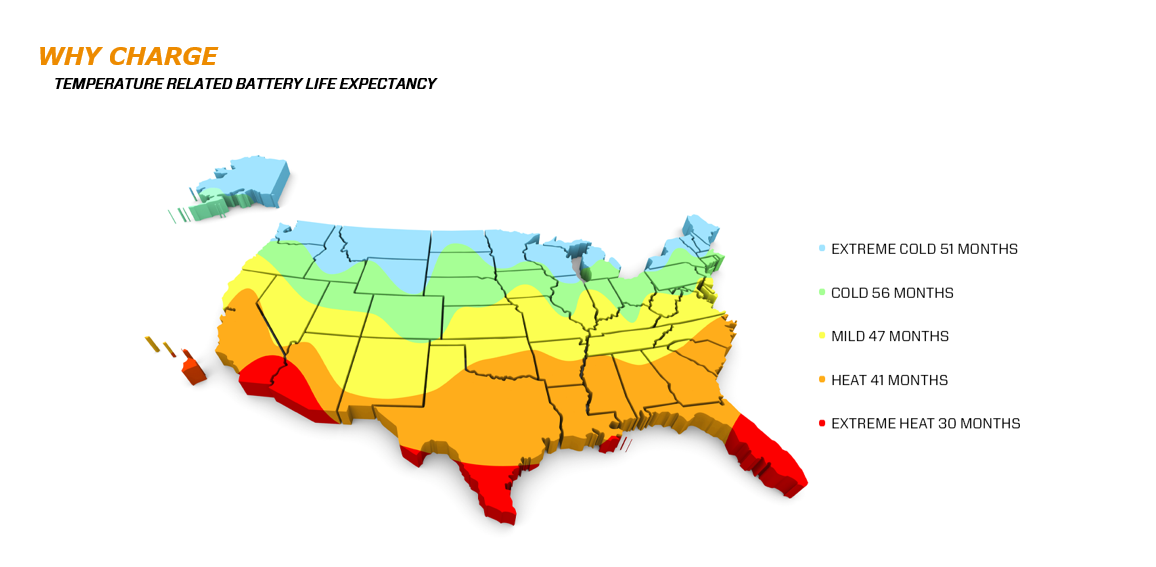
Source: Interstate batteries Battery Testing | Interstate All Battery Centers (interstatebatteries.com)
Sulphation, a process where sulphate crystals accumulate on the battery plates, can occur when the battery is left in a discharged state for an extended period. In the winter, the battery needs to work harder and you won’t be able to start with a discharged battery. That’s why many of you proactively charge and maintain your vehicle battery during the winter, to avoid breakdowns and a discharged battery. In the summer however, your vehicle will probably be able to start even if the battery is discharged. You’ll think your battery is doing okay when in reality, it’s dying. When your battery falls below 12.4V the sulphation process begins, and you won’t notice it until it’s too late.
CTEK has some top tips to help maintain your 12V vehicle's performance, reliability, and safety during the hot weather conditions.
-
Check the battery:
Hot weather puts a strain on your battery, so it's essential to check its condition. Prolonged exposure to high temperatures can significantly shorten the overall lifespan of a 12V battery. It can lead to internal damage, increased self-discharge, and a decline in the battery's ability to hold a charge over time. Regularly checking the battery's condition and addressing any issues instantly can help ensure reliable starting power and prevent unexpected breakdowns.
-
Carry emergency supplies:
Traveling off-grid during the summer can be wonderful, until breakdowns happen! Prepare for any unforeseen situations by keeping emergency supplies in your vehicle. These may include a spare tire, a portable battery charger and adaptive booster like the CTEK CS FREE, flashlight, extra water, and a first aid kit.
CTEK’s CS FREE is a portable adaptive booster that can start a dead battery in only 15 minutes, without damaging your vehicle’s sensitive electronics. It’s actually a 4-in-1 unit that is a portable battery charger, smart maintainer, adaptive booster and a hi-tech power bank!
-
Use a smart battery charger:
Following your vehicle's regular maintenance schedule is crucial during the summer. A smart battery charger like the CTEK MXS 5.0 has built-in temperature compensation capabilities. It can monitor and adjust the charging process based on the ambient temperature. This functionality is particularly useful in summer when high temperatures can affect the battery's charging efficiency and lifespan. The charger can automatically adjust the charging voltage to compensate for temperature variations, ensuring the battery receives the optimal charge regardless of external conditions.
Regularly charging your 12V vehicle during the summer offers several significant benefits. Firstly, it ensures that your battery maintains a healthy charge, reducing the risk of a sudden breakdown or failed start. By keeping the battery charged, you also prevent sulfation, a process that can damage the battery over time. Additionally, consistent charging helps preserve the overall lifespan of the battery, it can actually extend battery life up to three times. Also, looking after your battery in the summer will make sure that your vehicle’s battery is prepared for the winter when the colder weather strikes!
Overall, prioritizing regular charging during the summer season promotes reliability, longevity, and optimal performance of your 12V vehicle. Charge with confidence that your vehicle will not let you down so you can enjoy the heat, sit back and enjoy those summer drives!

